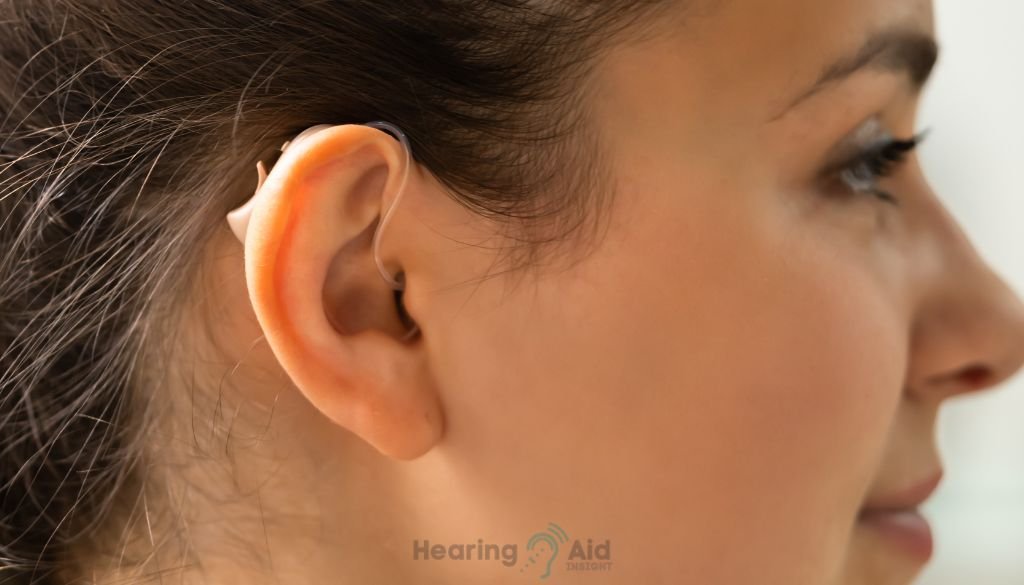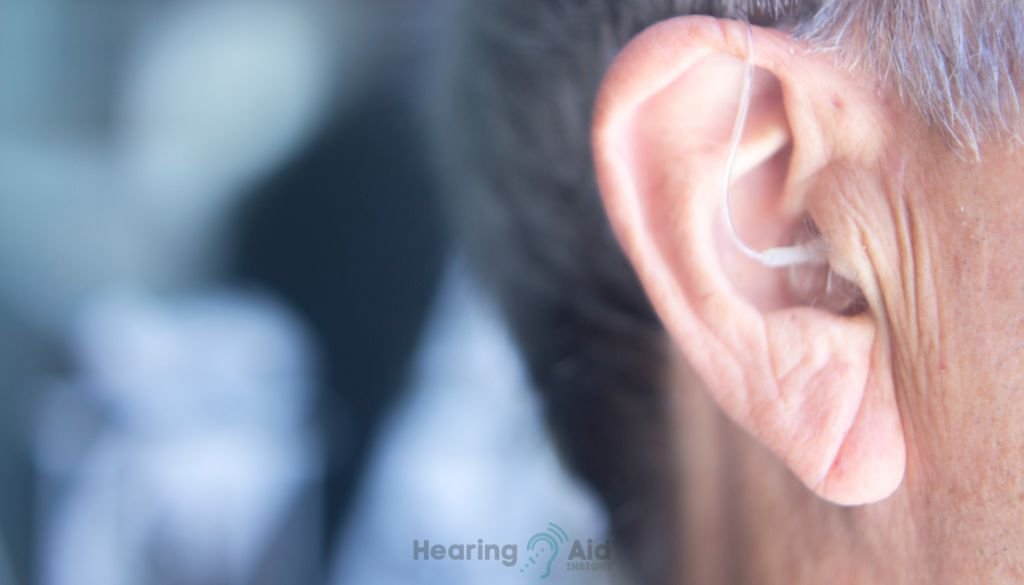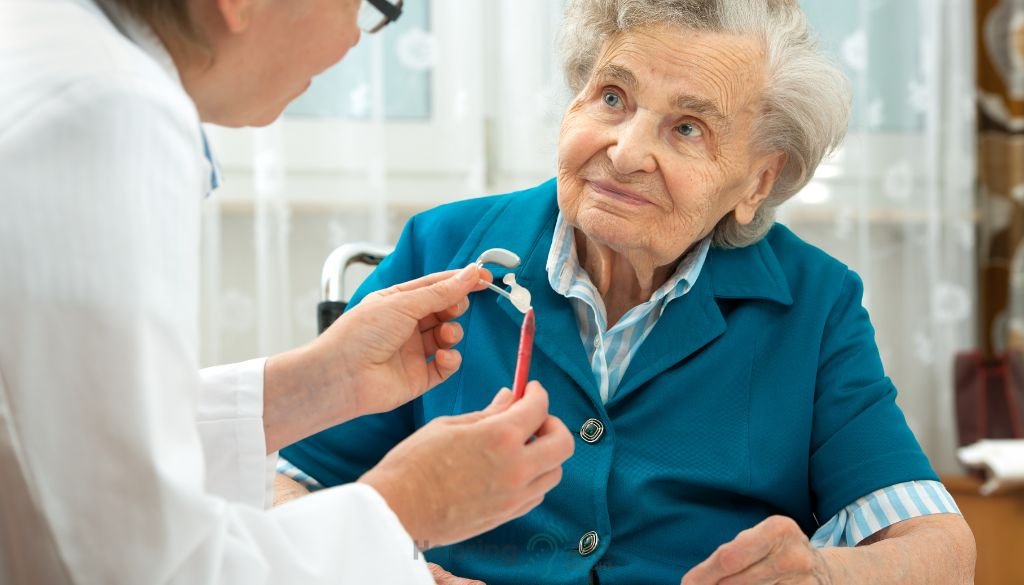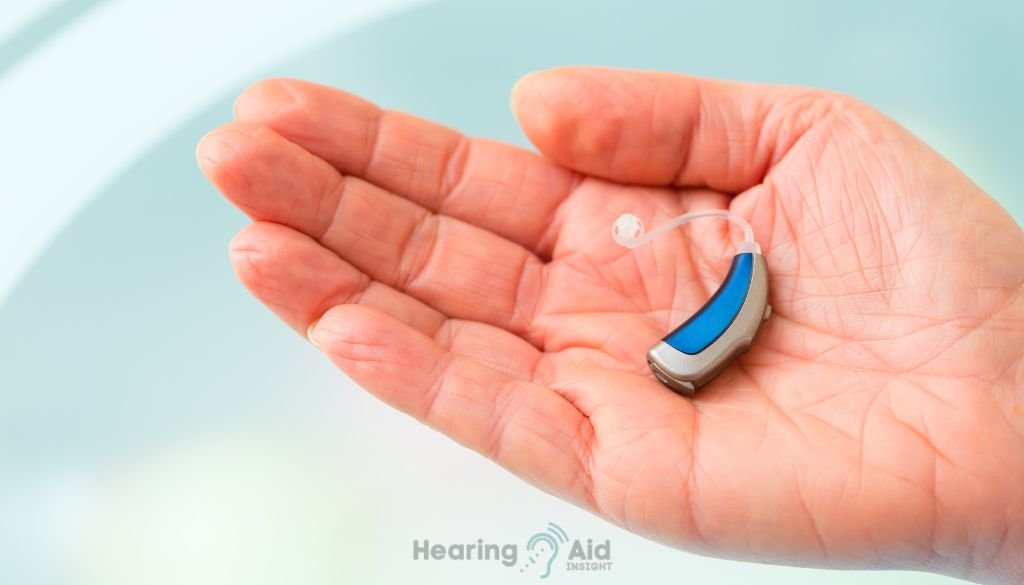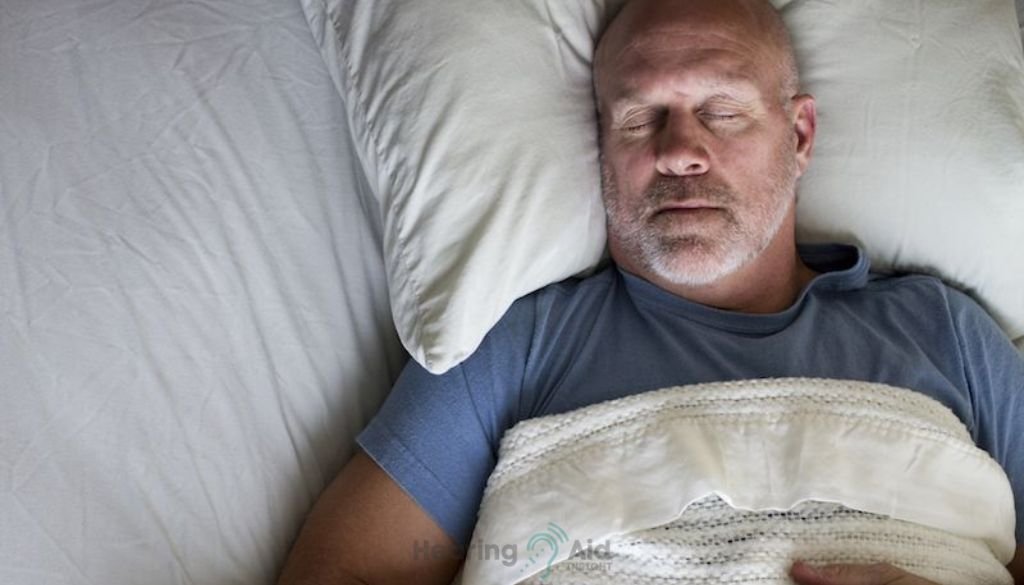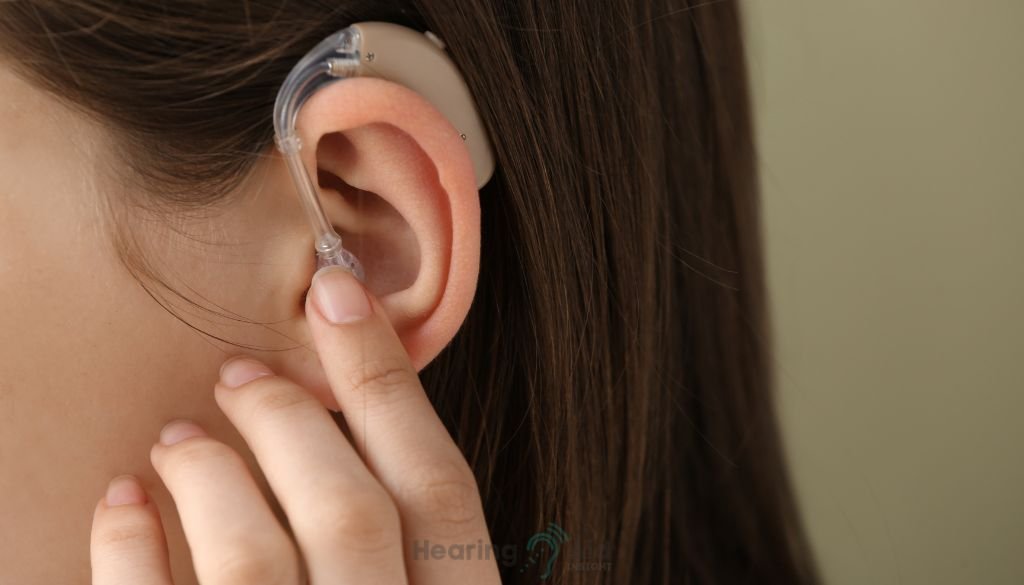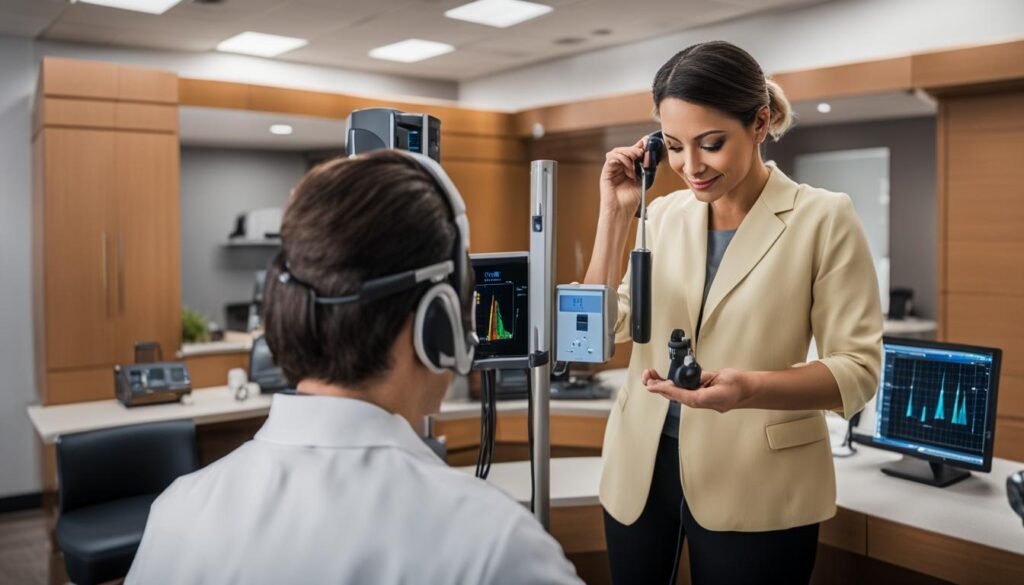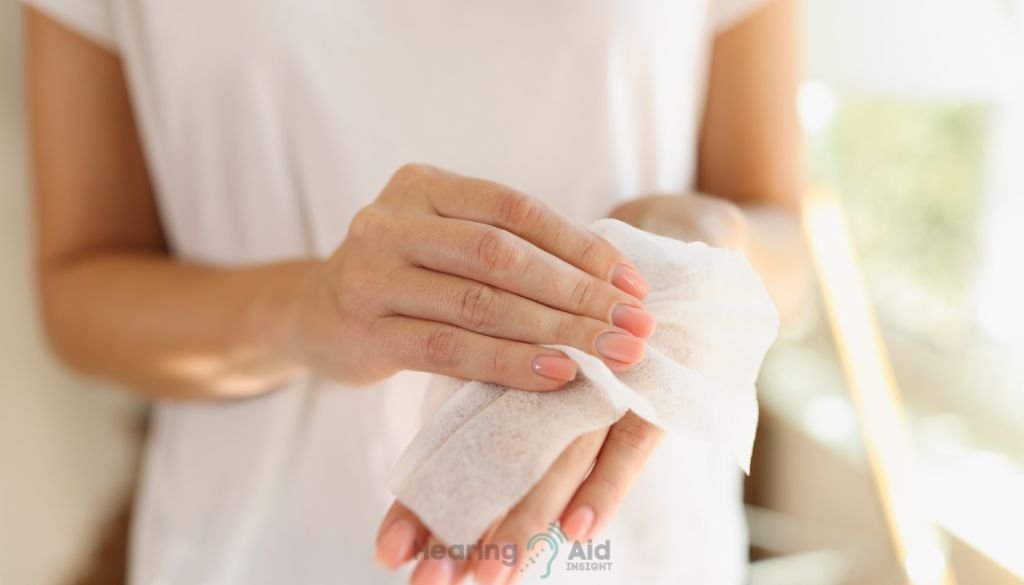Can You Resell Hearing Aids? It is crucial for users and potential buyers looking to navigate the resale market of these essential auditory devices. The decision to resell a hearing aid involves understanding the legal and ethical considerations, as well as the practicalities of the secondary market. This article comprehensively explores the regulations surrounding the resale of hearing aids, the market dynamics, and the factors influencing the resale value.
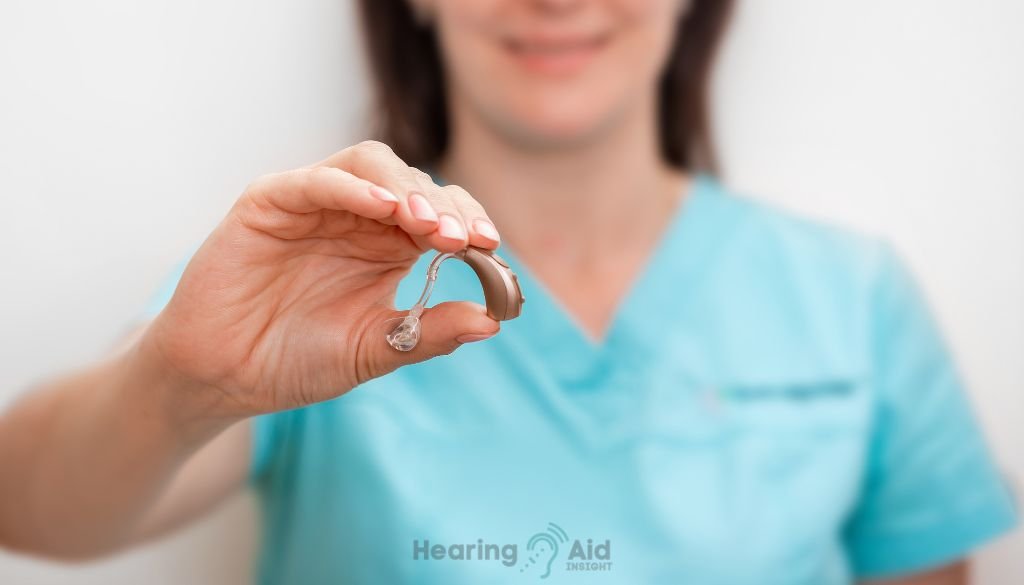
We will delve into what makes hearing aids unique in reselling, highlighting key aspects such as health regulations, technological advancements, and individual customization. Additionally, we’ll provide insights into the potential demand for used hearing aids, addressing questions related to quality assurance, warranties, and the challenges buyers and sellers might encounter in resale. By covering these aspects, we aim to equip you with the necessary knowledge to make informed decisions about reselling or purchasing pre-owned hearing aids.
Key Takeaways:
- Reselling used hearing aids is legal but subject to specific regulations.
- According to the FDA, hearing aids can only be sold to individuals who have obtained a recent medical evaluation from a licensed physician.
- Some states have additional rules regarding the sale of used hearing aids.
- New FDA regulations allow over-the-counter hearing aids for adults with mild to moderate hearing loss.
- Purchasing new hearing aids offers benefits such as customization and a wide range of features.
Buying and Selling Used Hearing Aids
When buying and selling used hearing aids, there are a few important considerations to remember. First and foremost, it is essential to ensure that the used or refurbished hearing aids have proper packaging and a tag indicating that they have been previously owned. This transparency allows potential buyers to make an informed decision.
While a medical evaluation is not always required before purchasing a used hearing aid, consulting with a hearing healthcare professional is strongly recommended. They can provide valuable insights and guidance to ensure the device meets your needs. It’s also crucial to note that if you decide to purchase a used hearing aid, it is essential to have the earmolds replaced or sterilized to prevent the transfer of bacteria.
Proper programming and fitting are essential for the optimal performance of a hearing aid. If you purchase a used hearing aid, a certified professional must have it programmed and fitted. This step ensures the device is tailored to your unique hearing requirements, maximizing its effectiveness and comfort.
Buying and selling used hearing aids can be viable for some individuals. However, it is crucial to proceed cautiously, ensuring that you are well informed about the device’s condition and taking the necessary steps to guarantee a proper fit and optimal performance.
The Benefits of New Hearing Aids
When it comes to improving hearing health, investing in new hearing aids can offer a range of benefits. Unlike used hearing aids, new devices can be fitted and programmed to meet the individual wearer’s needs. This customization ensures optimal comfort and effectiveness, allowing individuals to experience enhanced clarity and sound quality.
New hearing aids also provide the opportunity to explore a variety of features and customization options. From different styles and types to advanced technological advancements, there are endless possibilities to personalize the hearing experience. Whether someone prefers discreet, behind-the-ear devices or virtually invisible, in-the-ear options, new hearing aids offer a wide range of choices.
Getting fitted with new hearing aids involves a professional evaluation and customization process. A hearing healthcare professional will assess the individual’s hearing loss and recommend the most suitable device. They will also ensure a proper fit and make necessary adjustments to optimize performance. This comprehensive approach ensures that individuals receive the best possible hearing solution and enjoy improved communication and quality of life.
Customization Options for New Hearing Aids
- Advanced noise reduction technology for better speech understanding in noisy environments
- Wireless connectivity to smartphones, TVs, and other devices for seamless audio streaming
- Automatic adaptation to different listening environments for effortless transitions
- Feedback cancellation to reduce annoying whistling sounds.
- Directional microphones to focus on the desired sound source
These customizable features allow individuals to tailor their hearing aids to their unique preferences and lifestyles. Whether they want to enjoy music with enhanced clarity, effortlessly participate in conversations, or have a seamless listening experience with their electronic devices, new hearing aids can fulfil these needs.
Summary
Investing in new hearing aids can benefit individuals with hearing loss significantly. The ability to customize and tailor the devices to individual needs ensures optimal performance, comfort, and satisfaction. With a wide range of customization options and advanced features, new hearing aids offer improved sound quality, seamless connectivity, and enhanced speech understanding. Consulting with a hearing healthcare professional is essential to ensure proper fitting and programming for the best possible outcomes.
Read also: can a head cold cause hearing loss?
Proper Disposal of Old Hearing Aids
When disposing of old hearing aids, it’s essential to consider environmentally friendly options that ensure these devices don’t go to waste. Here are some methods to properly dispose of your old hearing aids:
- Recycling: Many hearing aid providers offer recycling programs where you can return your old devices. These programs ensure the devices are recycled responsibly and their components are reused or properly disposed of. Recycling your hearing aids reduces waste and helps protect the environment.
- Donating: Another option is to donate your old hearing aids to hospitals or charities. While these devices may not be suitable for your needs anymore, they can still benefit others who may not have access to hearing aids. Donating allows someone needing a hearing aid at a lower cost or even free.
Always Ensure Proper Refurbishment:
“It is important to ensure that old hearing aids are not resold or reused without proper refurbishment and programming to meet new wearers’ needs.”
When donating or reselling your old hearing aids, make sure they are correctly refurbished and programmed to meet the needs of the new wearer. This ensures the device will provide optimal performance and functionality for its new user. Proper refurbishment includes cleaning, replacing worn parts, and adjusting the settings according to the wearer’s hearing requirements.
By responsibly disposing of your old hearing aids through recycling or donation, you can make a positive impact by reducing waste and helping others in need. Remember to choose a method that aligns with your values and contributes to a sustainable future.
Read Also: Can You Pawn Hearing Aids?
Over-the-Counter Hearing Aids
With the implementation of a new FDA regulation in October 2022, over-the-counter (OTC) hearing aids are now a viable option for adults with mild to moderate hearing loss. This regulation allows retailers to offer more affordable hearing aids without needing a medical exam, prescription, or fitting. OTC hearing aids can be purchased in retail stores, online, or by mail, providing convenience and accessibility to individuals seeking hearing assistance.
To comply with FDA regulations, retailers must meet specific performance and labelling requirements when selling OTC hearing aids. These requirements ensure that the devices adhere to quality standards and provide adequate amplification for individuals with mild to moderate hearing loss. OTC hearing aids cannot be surgically implanted and are generally exempt from premarket notification requirements, making them more accessible to consumers.
The affordability of OTC hearing aids is a significant advantage, as they offer a more cost-effective option than traditional hearing aids. By eliminating the need for medical evaluations and professional fittings, OTC hearing aids reduce the overall cost of acquiring a hearing device. This affordability makes hearing aids more accessible to individuals who may not have the financial means to invest in more expensive options.
Conclusion
After considering the legalities and regulations surrounding reselling used hearing aids, it is clear that it is possible. However, there are essential factors to consider before engaging in the resale market. It is crucial to adhere to federal regulations, such as ensuring the buyer has obtained a medical evaluation from a licensed physician within the last six months.
While reselling used hearing aids may be an option, it is essential to know the potential drawbacks. Outdated technology and compatibility issues with newer devices can pose challenges for the seller and the buyer. Therefore, it may be worth considering the benefits of purchasing new hearing aids.
New hearing aids offer customization and fitting options to meet the individual wearer’s needs. They provide advanced features and styles tailored to different types and levels of hearing loss. Additionally, the recent FDA regulation on over-the-counter hearing aids opens up an affordable alternative for adults with mild to moderate hearing loss, making them more accessible without needing a medical evaluation or prescription.
When disposing of old hearing aids, it is essential to choose the correct option. Recycling or donating them to hospitals or charities prevents waste and allows others to benefit from refurbished devices. This ensures that old hearing aids are not resold or reused without proper refurbishment and programming.
In conclusion, the decision to resell, buy, or dispose of hearing aids should be based on individual preferences and needs. It is crucial to consider the legal requirements, the potential drawbacks of used devices, the benefits of new hearing aids, and the availability of over-the-counter options. Individuals can find the right solution for their hearing needs by making an informed choice.
Do tinnitus gummies work? In our detailed article, we explore various aspects and provide valuable insights.
Frequently Asked Questions
Can I resell my used hearing aids?
Yes, it is legal to resell used hearing aids. However, some regulations and requirements must be followed, such as packaging and labelling indicating they have been previously owned.
Do I need a medical evaluation to purchase a used hearing aid?
It is recommended to have a medical evaluation before purchasing a hearing aid, although it is not always required. Consulting with a hearing healthcare professional is strongly advised to ensure the best device for your needs.
What should I do to prevent the transfer of bacteria when purchasing a used hearing aid?
If purchasing a used hearing aid, it is crucial to have the earmolds replaced or sterilized to prevent the transfer of bacteria. Additionally, proper programming and fitting by a hearing aid professional are necessary for optimal performance.
Should I buy new or used hearing aids?
While used hearing aids can be an option, purchasing new hearing aids offers several benefits. New hearing aids can be fitted and programmed to meet your needs, ensuring optimal comfort and effectiveness. They also allow exploring a range of features and customization options.
What should I do with my old hearing aids when I no longer use them?
There are several options for the proper disposal of old hearing aids. Some individuals may keep them as a backup, donate them for recycling, or donate them to hospitals or charities. It is essential to ensure that old hearing aids are not resold or reused without proper refurbishment and programming to meet new wearers’ needs.
What are over-the-counter hearing aids?
Over-the-counter (OTC) hearing aids are a new category that can be sold without a medical exam, prescription, or fitting. They are intended for adults with mild to moderate hearing loss and offer a more affordable option. Retailers must comply with FDA regulations, including specific performance and labelling requirements.



